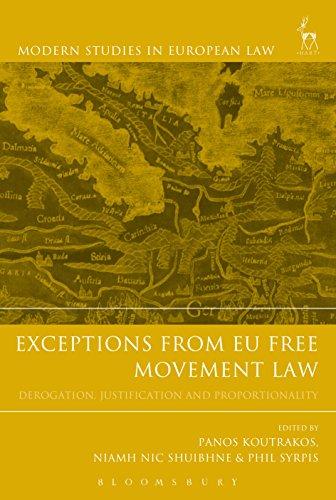Question
1/ A crime is a public offense, an act or failure to act, for which there may be criminal liability. The government files the charges.
1/ A crime is a public offense, an act or failure to act, for which there may be criminal liability. The government files the charges.
Group of answer choices
True
False
2/ Business owners can be liable forcriminal acts when an employee working within the scope of employment commits crime that benefits the business.
Group of answer choices
True
False
3/ The burden of proof in a criminal case is "beyond a reasonable doubt.".
Group of answer choices
True
False
4/ A jury verdict of not guilty does not mean the defendant is innocent.
Group of answer choices
True
False
5/ If a search occurs without a warrant, thesearch might still be legal, because there are several exceptions to the requirementsfor a search warrant.
Group of answer choices
True
False
6/ Since a corporation is a legal person,then the corporation can be convicted ofcommitting crimes, too. Accordingly, corporations can be punished. However, not all constitutionalprotections afforded to individuals are available to corporations.For instance, a corporation does nothave the right against self-incrimination.
Group of answer choices
True
False
7/ Match the definition to the term:
Criminal Law
Tort
Intentional Tort
Negligence
Strict Liability
Option:
- Liabiliaty based on activity, not standard of care.
- Breach of standard of care.
- A set of rules enforced by the government.
- A Civil wrong other than a breach of contract, that the law recognizes a remedy.
- The tortfeasor (actor) intended or acted in gross disregard for the outcome.
8/ In a criminal case if there is a possibility the defendant may go to jail, they are entitled to an attorney and if they can not afford an attorney one will be appointed for them.
Group of answer choices
True
False
9/ In a criminal case a defendant can not be compelled to testify, or if they will not testify, the jury cannot consider their refusal to testify., based on the right against self incrimination.
Group of answer choices
True
False
Step by Step Solution
There are 3 Steps involved in it
Step: 1

Get Instant Access to Expert-Tailored Solutions
See step-by-step solutions with expert insights and AI powered tools for academic success
Step: 2

Step: 3

Ace Your Homework with AI
Get the answers you need in no time with our AI-driven, step-by-step assistance
Get Started


